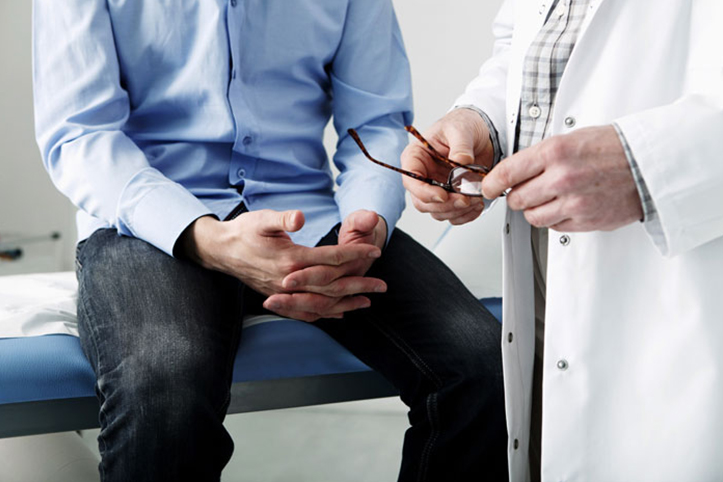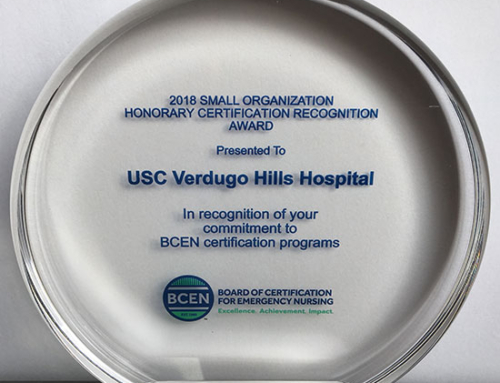No one wants to think about their friends or family members battling prostate cancer, but being prepared is the best way to protect their health.
Early detection is a critical part of successful treatment, and it depends on regular screenings — especially for men with elevated risk.
Too often, myths and misconceptions keep men from being proactive about prostate health.
Knowing the truth behind these two myths will help you and your loved ones build the best defense against prostate cancer.
Myth: Most men are not at risk
Fact: Prostate cancer is common, but treatable
Prostate cancer is the second-most common form of cancer among American men, trailing only skin cancer. The disease will affect one in seven men in their lifetime. In addition, some demographics are more susceptible than others. That includes men who:
- Are over 60
- Are African-American
- Smoke
- Are obese
- Have a family history of prostate cancer
For men meeting one or more of these criteria, prostate screenings can help them detect and treat cancerous cells more effectively. The American Cancer Society recommends talking with your physician about your risk around age 50.
Myth: Getting tested is inconvenient
Fact: Screenings are simple — and crucial
Prostate screenings typically take two forms. In some cases, a medical professional will check the rectum for prostate abnormalities. The other option is a prostate-specific antigen (PSA) test: a blood test that measures levels of prostate secretions in the blood.
Both tests are simple and minimally invasive. If test results fall within the normal range, retesting may only be needed every two years. For higher-risk results, testing may be required yearly.
Now could be the right time for you or your loved one to schedule a prostate screening. Request an appointment at the USC Institute of Urology or call (800) USC-CARE (800-872-2273).





















